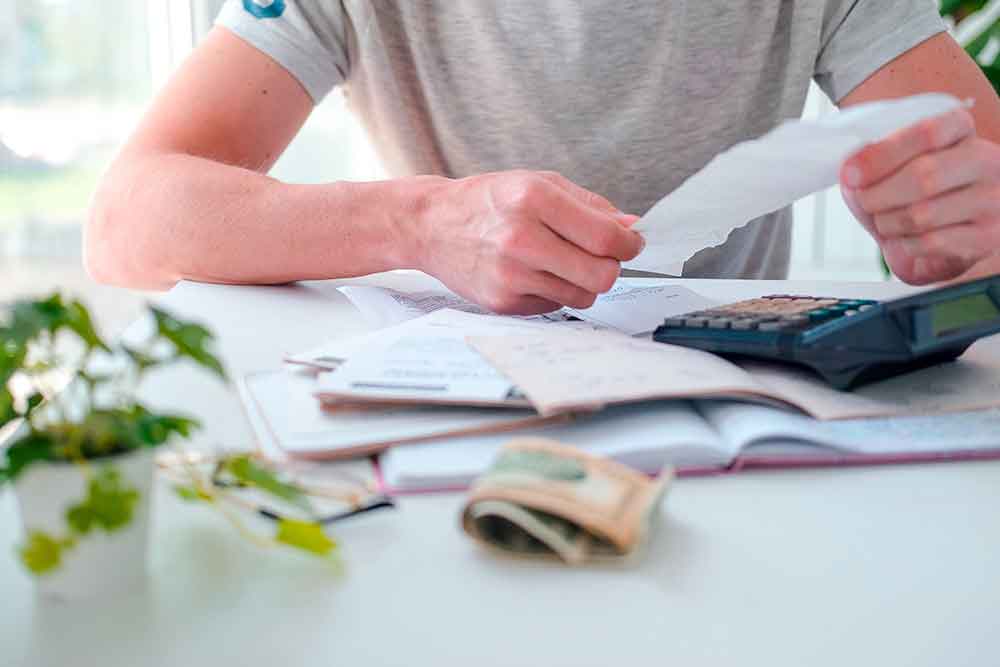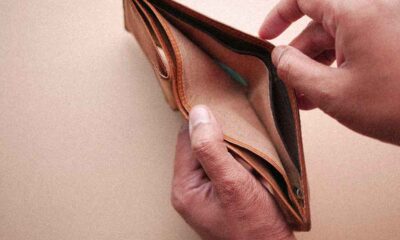Personal Finance
Why You Should Always Track Your Spending


Keeping your finances in order doesn’t have to be complicated. One of the simplest and most effective habits you can build is tracking your spending. Whether you’re trying to save, get out of debt, or just understand where your money goes, tracking your expenses is the first step toward financial control.
When you track your spending, you become more aware of your habits. You start noticing how often small purchases—like coffee, fast food, or app subscriptions—add up. These small, daily expenses can quietly drain your budget, often without you realizing it. Seeing them laid out clearly can be a wake-up call that leads to better choices.
It also helps you create realistic budgets. A budget that works isn’t just about setting limits, as it’s about setting limits that actually reflect how you live. If you underestimate your food or transportation costs because you’re guessing, you’re more likely to blow past your budget every month.
However, if you know exactly what you’re spending, you can build a budget that fits.
Spending trackers also make it easier to hit savings goals. When you’re aware of your cash flow, you can spot areas where you can cut back and redirect that money toward your priorities—whether that’s an emergency fund, travel, or a future investment.
You don’t need a fancy system to start tracking. A simple notebook, a spreadsheet, or an app like your default notes app can help you get started. What matters most is staying consistent.
Financial awareness starts with a basic habit: writing down what you spend. It’s a small step that leads to better decisions, less stress, and more confidence in your money journey. (GFB)
































